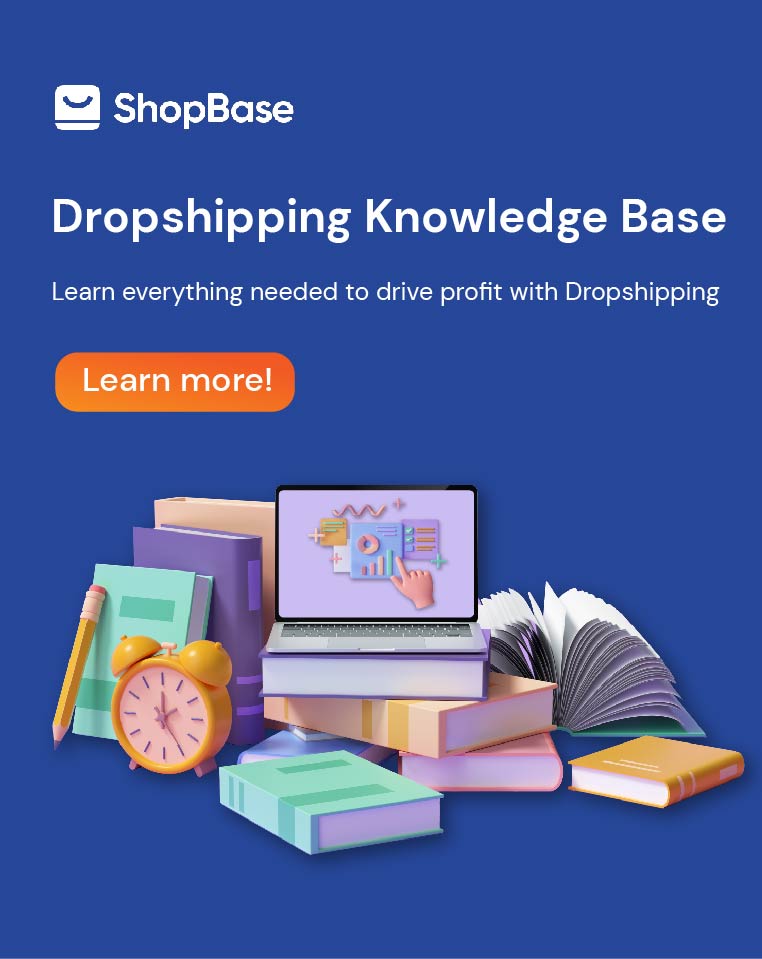Facebook pixel events are of importance in tracking customer activities to increase ads conversion rate and website optimization. That is why every online store owner should have Facebook pixel as one of the ways to assist dropshipping ads.
Menu:
1. What are Facebook Pixel Events?
Usually, if a website has already input the base pixel code, each time someone lands on your website, Facebook will be notified. However, that is not all you can do if you install Facebook pixel events. With it, the information sent to Facebook can be customized and more detailed. There are two types of pixel events:
- Standard pixel events: these are events that are supported and recognized on advertisements. When you install Facebook Pixel, they are automatically logged without having to set up.
- Custom pixel events: these are events that you choose to be collected and reported to Facebook, depending on your purpose. If the standard events are not enough or redundant, you can alter the list to match your business goals.
2. How to Implement Facebook Pixel Event
- Add the base pixel code on your website. Without this step, you will not be able to connect to Facebook as it cannot access your website’s data. You can do this manually or ask a Facebook partner to do it for you.
- Add events by using Set Up Tool.
- Add event tracking by URL. Using this helps you learn about what a customer does on a certain website.
- Add event tracking by Button Click. The events will be sent to Facebook when a visitor has a specific action on your site, particularly clicking on usable buttons.
- Confirm your events and settings before putting Facebook pixel events into use.
- Test its performance with tools such as Facebook Pixel Helper or Events Manager Diagnostics.
Once the testings are done, your website and Facebook tool are ready to fire! Our advice is that, when customizing types of events, determine your goals first and choose accordingly.





